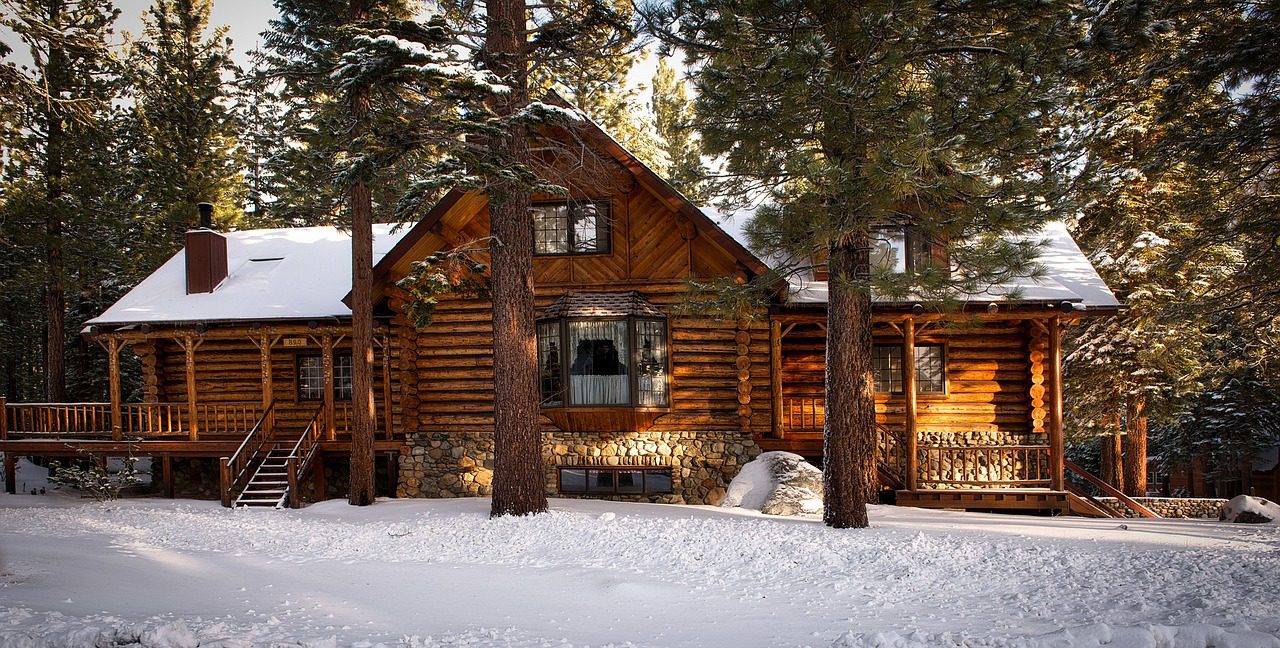March 30, 2023 — Some areas in northern Arizona are experiencing problems from snow melt and rain. A local ABC news affiliate reports that in some parts of Coconino County, the flooding is creating sink holes and wrecking roadways .
.
Homeowners in flood areas are experiencing problems with their domestic wells and septic systems, prompting Coconino County to issue an advisory titled “Mitigation Measures for Snow Melt Ponding, summarized below.
Protecting Your Septic System from Heavy Rainfall and Snow Melt.
Heavy rainfall and significant snow or ice melt can negatively impact your septic system. When the ground becomes saturated from precipitation, it can prevent your septic system from properly draining wastewater. This can lead to overflows that can back up into your home or cause untreated sewage to contaminate groundwater, wells, or nearby bodies of water. Here are some ways to manage your septic system during periods of heavy precipitation and preventative measures to help avoid problems in the future.
How to Handle a Backed-up Septic System.
If you suspect your septic tank is backed up, take the following steps to minimize the negative impacts until a professional can address the issue:
- Avoid using the system when soil is saturated and flooded, as wastewater will not be treated and will contribute to pollution.
- Conserve water to reduce pressure on the septic system, as recommended by the Environmental Protection Agency (EPA), until the system recovers and a professional can assess the situation.
- Prevent silt from entering septic systems with pump chambers to avoid clogging the drain field.
- Do not pump the septic tank while the soil is still saturated, as mud and silt can enter the tank and cause further issues.
- Refrain from digging or working with heavy machinery near the tank or drain field while the soil is wet or flooded to preserve soil conductivity.
- Check the septic tank for outlet blockage if the system backs up into your house.
- Be cautious around any electrical or mechanical devices connected to the system that could be flooded.
- Clean and maintain aerobic plants, upflow filters, trickling filters, and other media filters that may clog due to mud and sediment.
- Raise inspection ports and cleanouts above areas prone to ponding.
Preventative Measures for Your Septic System.
Routine maintenance and reduce the impact of heavy rains or snow melt on your septic system:
- Schedule annual septic system inspections to identify potential issues.
- Arrange for a professional to pump your septic tank regularly.
- Assess your landscaping and direct surface drainage away from the septic system to prevent root intrusion and drain field failure.
- Avoid driving or placing heavy items on the drain field to protect drain lines.
Well Protection.
Heavy rain and snow melt can also affect your well. Contaminated groundwater from malfunctioning septic tanks or chemical infiltration can pose risks to drinking water safety. Take long-term precautions, including repeated testing, to protect your water supply. If you have a private well or spring, refrain from consuming the water until it has been tested for contaminants, such as E. coli bacteria and nitrates.


Leave a Reply